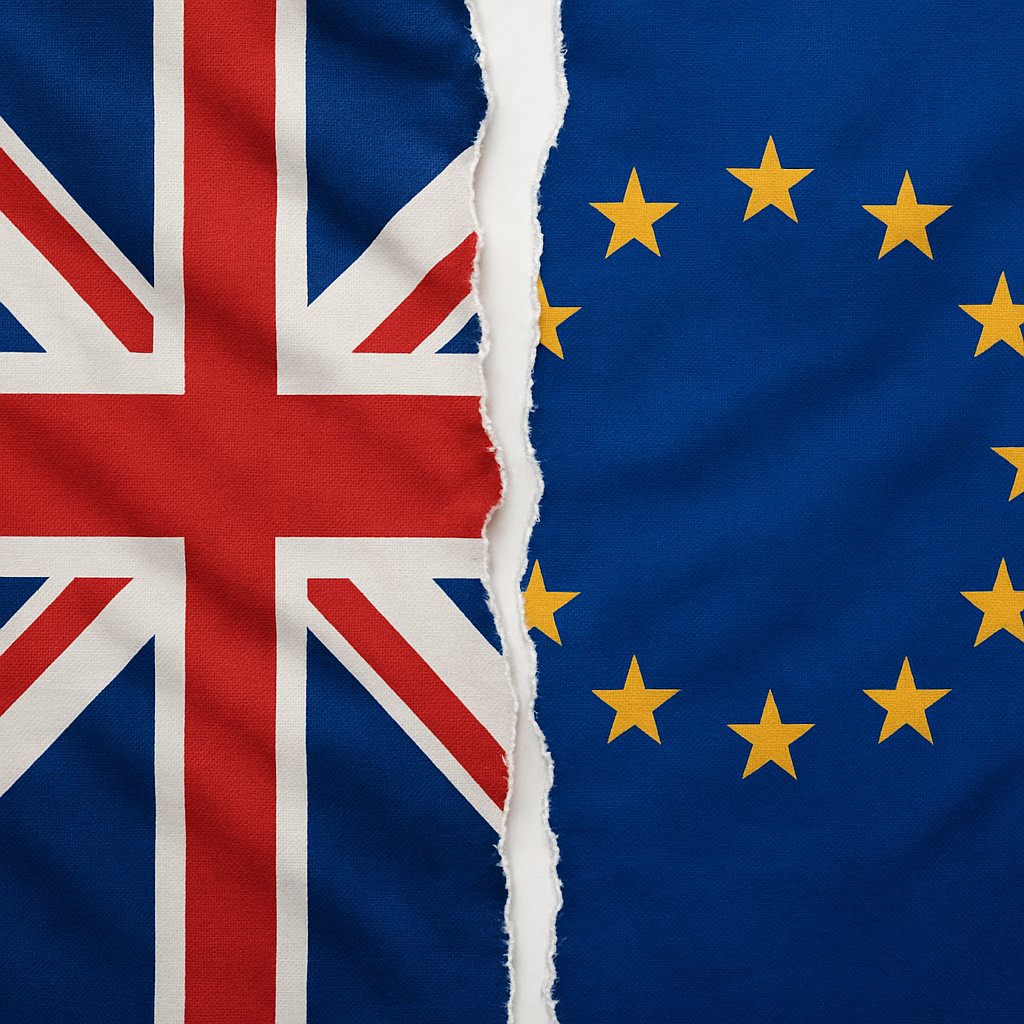(Publ. 25 JUN 2018) On July 1, 2018, the new Act enters into force and supersedes the current Act on the Protection of Trade Secrets. The new Act follows harmonization within the EU, aimed at strengthening companies’ competitiveness and improving the conditions for innovation and knowledge-based entrepreneurship.
Among other things, the new Act implies that more forms of attack should be illicit and prohibited. Further, trade secrets include, in addition to business relationships, the activities of a research institution. The person who reveals a trade secret may become liable for damages to a greater extent than in the old Act. For example, in the situation when someone purchases a stolen trade secret, or an employee who takes documents for the purpose of making them his own property. In addition, the manufacture and sale of goods, whose design, characteristics and function, are benefiting by a revealed trade secretion, so called intrusive goods.
In courts proceedings, the court will have a greater possibility of prohibition and other protective measures. This can happen even if the attack was not intentional or is due to negligence. In addition, the confidentiality of trade secrets in court proceedings becomes stronger. In addition to these provisions, the penalty for industrial espionage is strengthen.
It is also emphasized that the experience and skills acquired by an employee in his normal occupation, also known as know-how, as well as information about serious misconduct, so called whistling blows, do not constitute trade secrets. An attack in good faith should not lead to penalties or liability of damages.
The owner of the company information must have taken reasonable steps to keep it secret, which can be done through eg. confidential disclosure agreements (which provides legal liability for damages), IT technology and other measures
The new Act is a balance between the protection of trade secrets and the protection of freedom of expression.





















